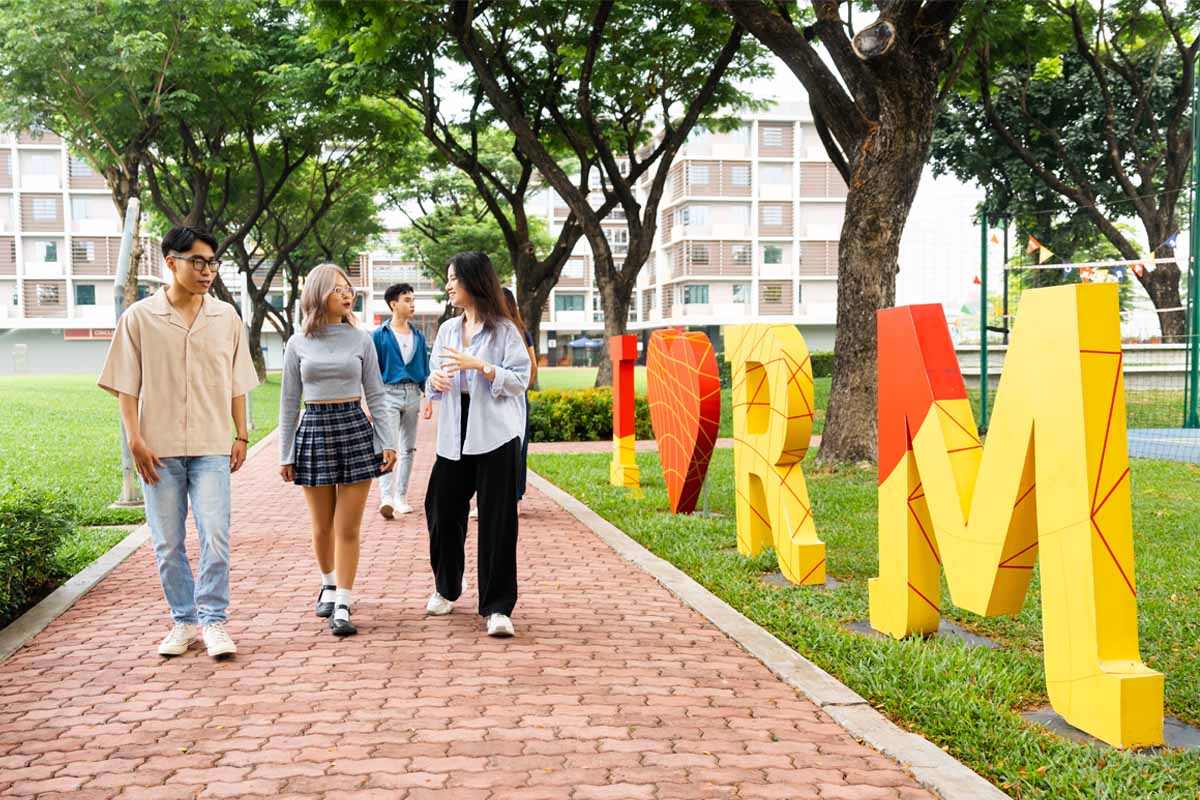The transition from high school to university is a significant milestone for students. This journey is not just a step towards higher education but also a crucial phase in preparing for work and life. This article highlights four key aspects where new students may experience major changes and offers practical tips for parents to support their children through this transition.
Learning Approaches
RMIT University cultivates a proactive learning environment where students take ownership of their studies by self-managing their course enrolment, class attendance, lecture notes, and assignment deadlines. Besides, learning at RMIT is characterised by interactive learning activities, authentic assessments, and work-integrated courses which encourage students to work effectively both individually or in groups, and to confidently express their opinions. These learning approaches prepare students for future work environments.
Time Management
University students at RMIT manage their own schedules. With three semesters per year, students can choose to study from 1 to 3 courses (equivalent from 12-36 credits) each semester.
Some students fast-track their academics by enrolling in more courses to finish their program sooner, while others balance extracurricular activities and part-time jobs with their studies, resulting in a more relaxed class schedule. By attending the orientation week, as well as school and program inductions, students understand program structure and requirements, aiding in better planning their study map.
Living Environment
Some students attending RMIT will experience living away from home. This is a valuable yet challenging experience, as students learn to manage their independent adult lives.
Besides academic support, RMIT understands the importance of the after-class environment to support students both physically and mentally. The campus offers well-equipped facilities for recreational activities and counseling services that help students with personal, or study-related challenges.
Social Relationships
RMIT brings meaningful networking opportunities and connections by organising social activities, student clubs and mentorship programs to engage students in a diverse community and help build high-quality relationships. In addition, the flexible class structure and teamwork assignments offer students opportunities to interact with peers from different majors, enriching their experience and knowledge.
Given that these changes are happening nearly all at once to students, it is crucial for parents and families to be well-prepared to accompany your children on this new journey.


.jpg)
